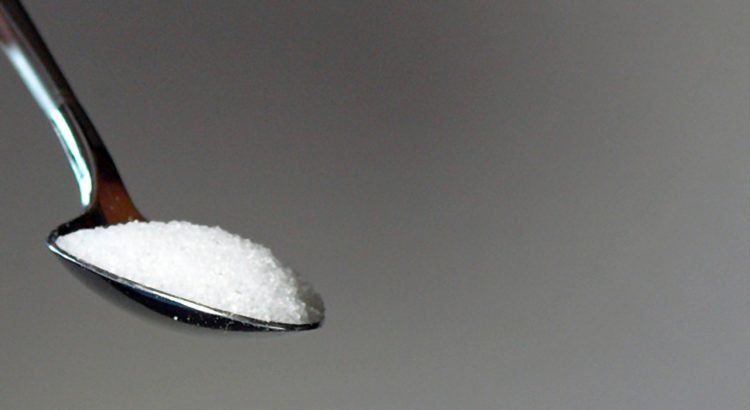Artificial sweeteners can be found just about anywhere in the grocery store, from chewing gum to baked goods to beverages, to sweeten without the extra calories. Their use has become more commonplace today, but some individuals have concerns about how safe these artificial products are to consume.
After numerous safety studies, several sugar substitutes have been approved as safe to consume by the U.S. Food and Drug Administration (FDA). These sweeteners include acesulfame-potassium (Sunett), aspartame (Equal®), neotame, saccharin (Sweet’N Low®), sucralose (Splenda®) and avantame. Fruit- and plant-based high intensity sweeteners, Stevia and luo han guo (monk fruit), have been generally recognized as safe by qualified professionals and do not require FDA pre-market approval. These sweeteners range from 200 to 20,000 times sweeter than sugar, so only a very small amount is needed to sweeten foods and beverages.
The FDA has established acceptable daily intake (ADI) recommendations for each of the sweeteners. The ADI is the amount of a substance considered safe to consume each day over the course of a person’s lifetime. Acceptable ADI ranges for sweeteners range are based on milligrams per kilogram of body weight per day. The ADI of these sweeteners is set at 1% of the amount that has been found not to produce any adverse health effects in animal studies. To reach the ADI, a 150-pound adult would have to consume 25.6 cans of a 12-ounce soda or 20 packs of a sweetener containing acesulfame-potassium a day.
Many individuals are hesitant to use artificial sweeteners due a variety of claims that they may cause cancer or pose other health risks. However, after rigorous studies, these claims have been proven false. Some studies have found that artificial sweeteners may be beneficial for weight management to help control calorie intake, glucose control for diabetes management and even prevent tooth decay.
Ideally, individuals should try to eat a healthy, balanced diet with limited processed items. They should also try to lessen their need for added sweetness in their food, whether it is through added sugar or artificial sweeteners, and consume in moderation.
